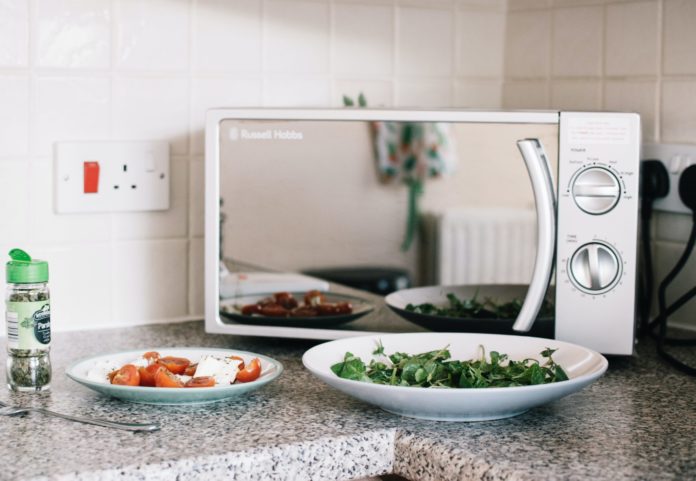A microwave is an essential tool in the kitchen. It can save you lots of trouble and time, serving as an ideal tool to warm, reheat, or even cook food. But not all food belongs to the microwave. Some food loses flavor or nutrients and others end up making a huge mess! These five foods don’t belong in your microwave.
Pizza
Popping leftover pizza in the microwave is something we all do when we want to have a quick meal. But by doing this, we are ending up with a less satisfactory dish. When microwaved, the crispy pizza dough tends to become chewy and rubbery. A better solution is to heat the pizza in an oven, where it will return its fresh glory a lot better.
Frozen Meat
The simplest way to defrost frozen meat is by microwaving it. But it is far from an ideal method. Microwaving frozen meat will result in an uneven thawing process and can cause some areas of the meat to start prematurely cooking while others remain frozen. This is an ideal setting for bacteria growth, so it pays off using more traditional methods like fridge thawing.
Grapes
Microwaving grapes is a big no-no. If you need some convincing that this is a bad idea, just check out some of the viral videos that show how grapes spark in the microwave and eventually turn into balls of fire. This happens due to the ability of the grapes to concentrate the microwave’s energy into hotspots that create plasma —a gas of ions and free electrons combination.
Hard-Boiled Eggs
Hard-boiled eggs are another food that causes an explosion when paired with the microwave. And this usually doesn’t happen inside the microwave, but a few minutes after, making it an even more dangerous combo. According to scientists, this phenomenon happens because the egg yolks contain small pockets of water that get superheated. Once the yolk meets your cutlery or your teeth, the pockets burst and cause an explosion.
Processed Meat
Processed meat is filled with all sorts of chemicals that help it stay edible for longer. But the heat from the microwave can cause these chemicals to react unexpectedly, leading to dangerous changes. According to a study published in the Journal of Agricultural and Food Chemistry, one of those changes is the oxidized cholesterol that has been linked with coronary heart disease.















